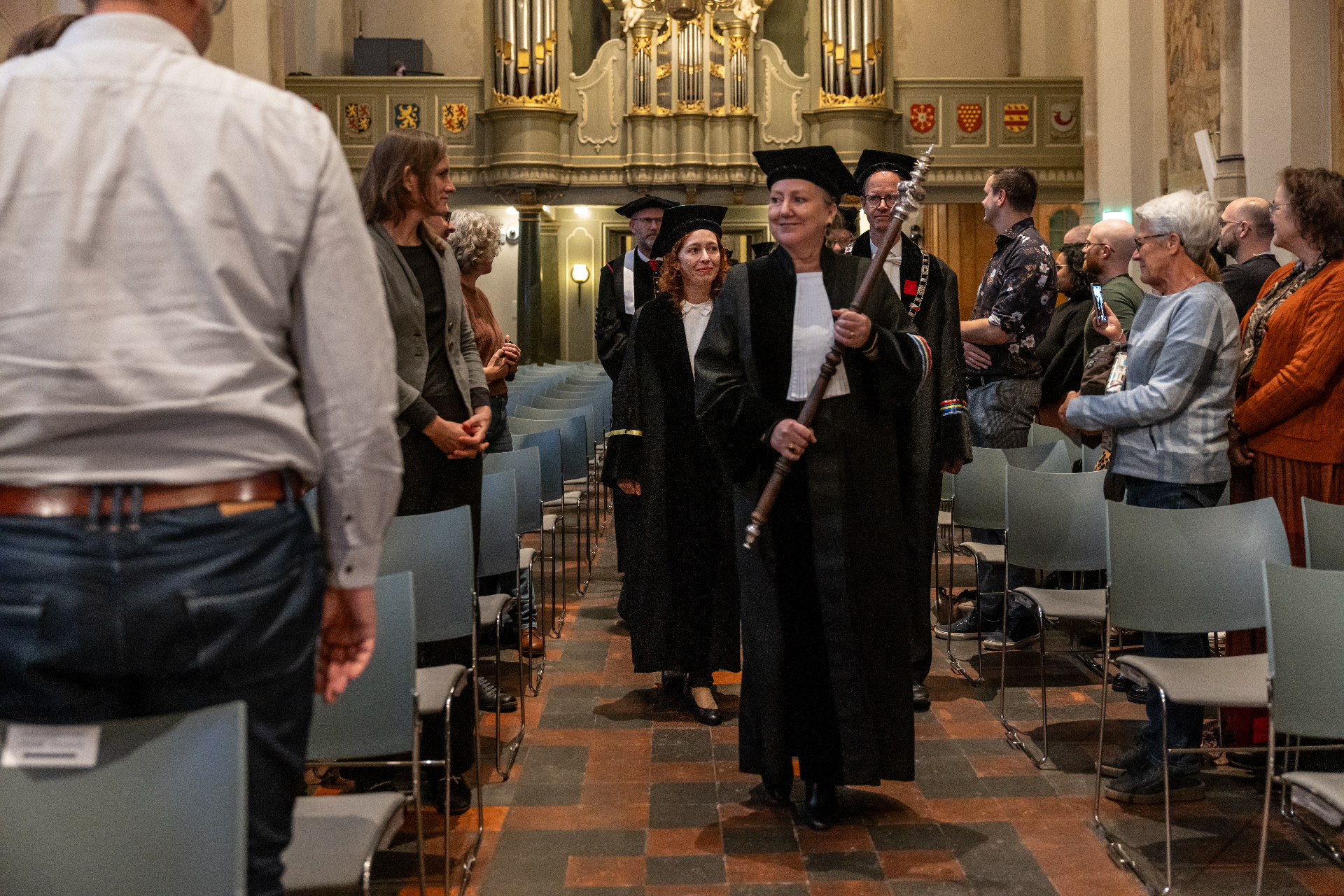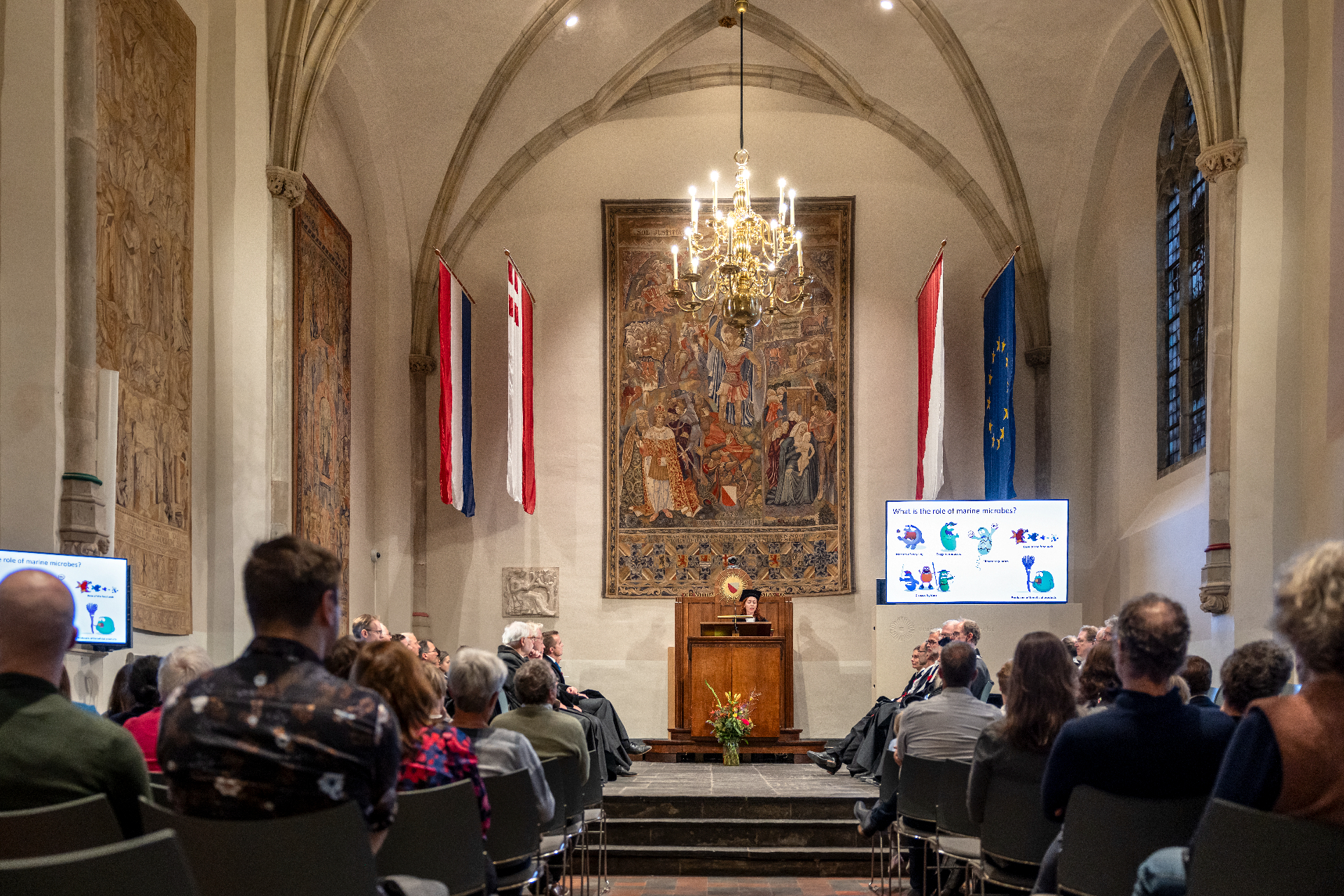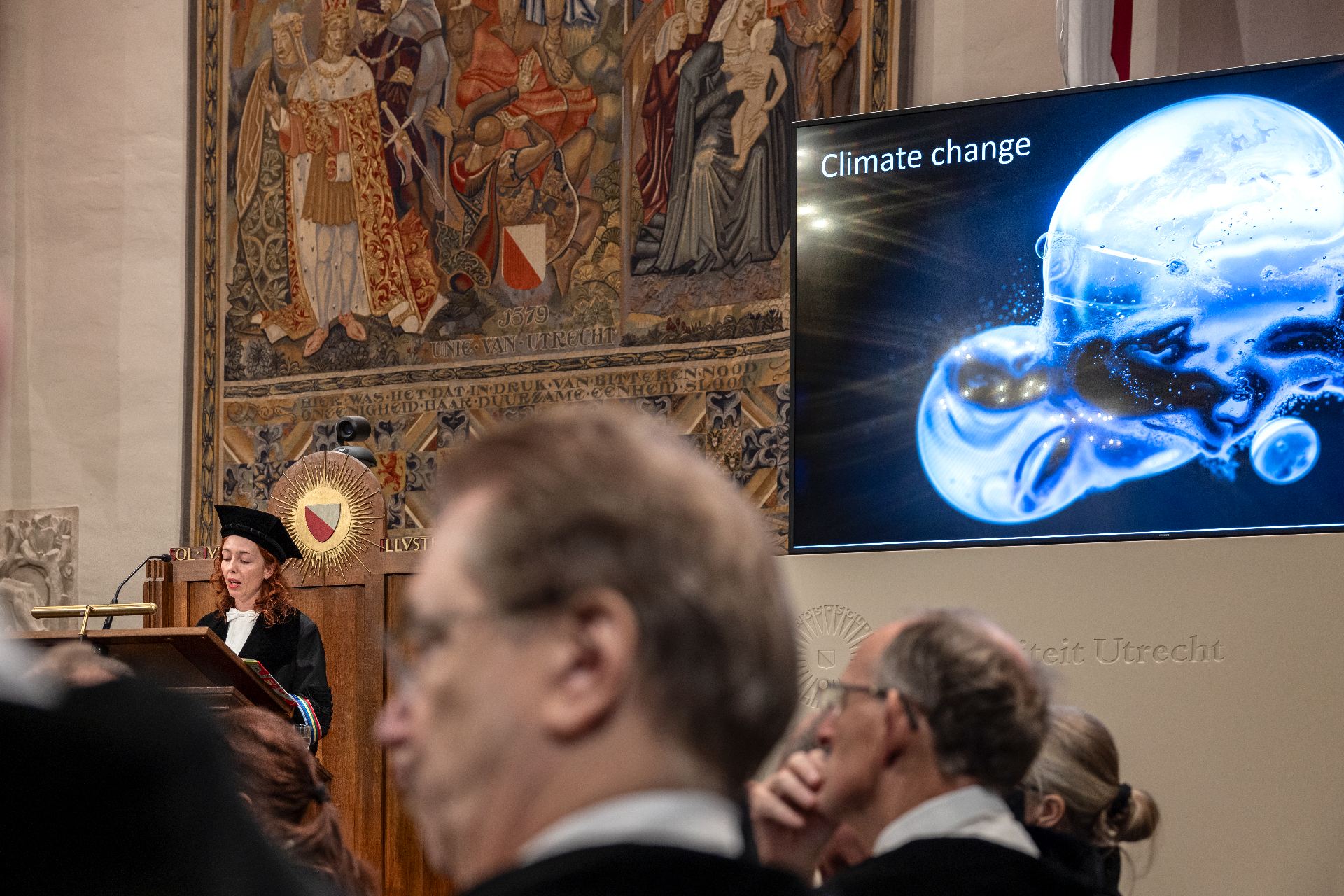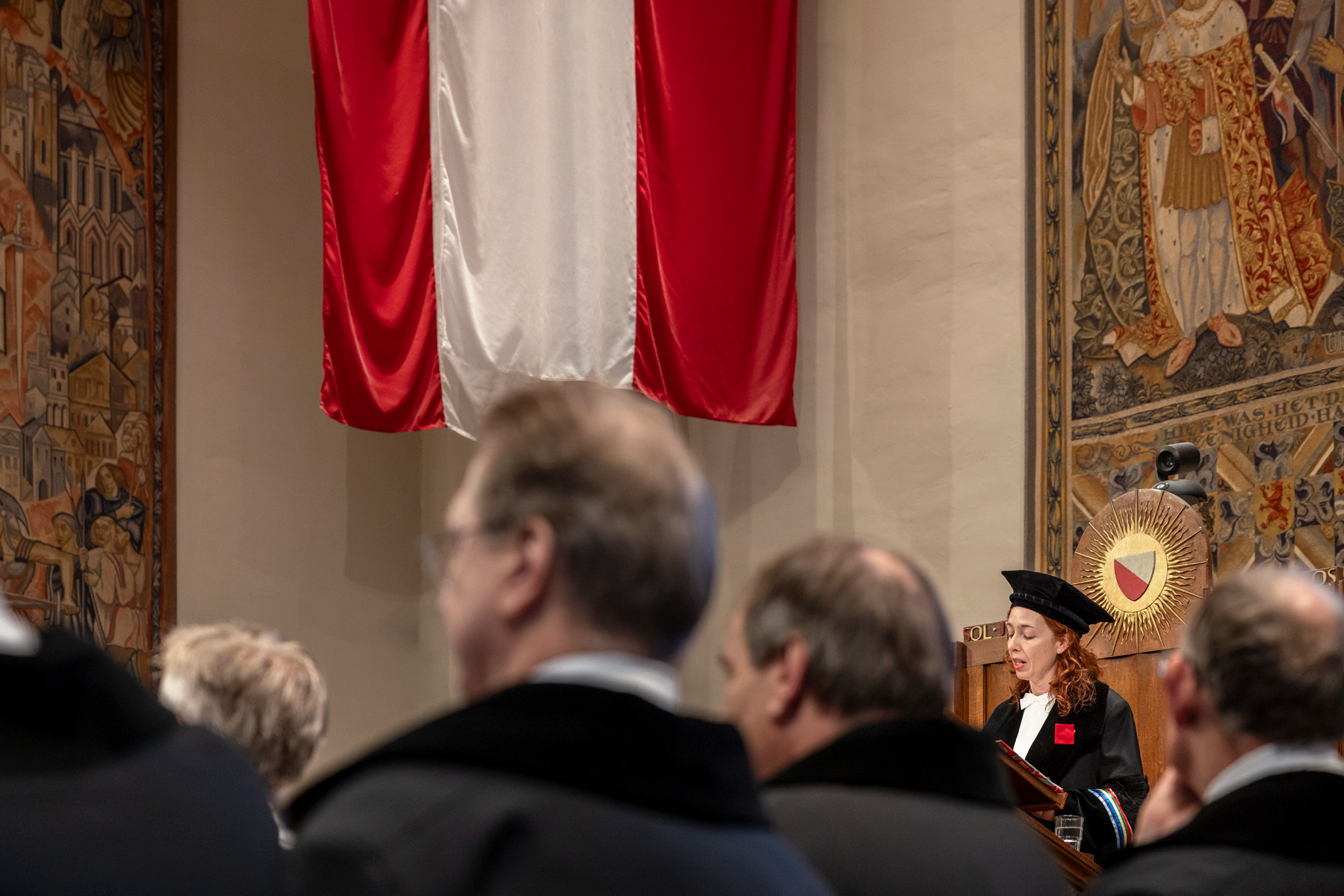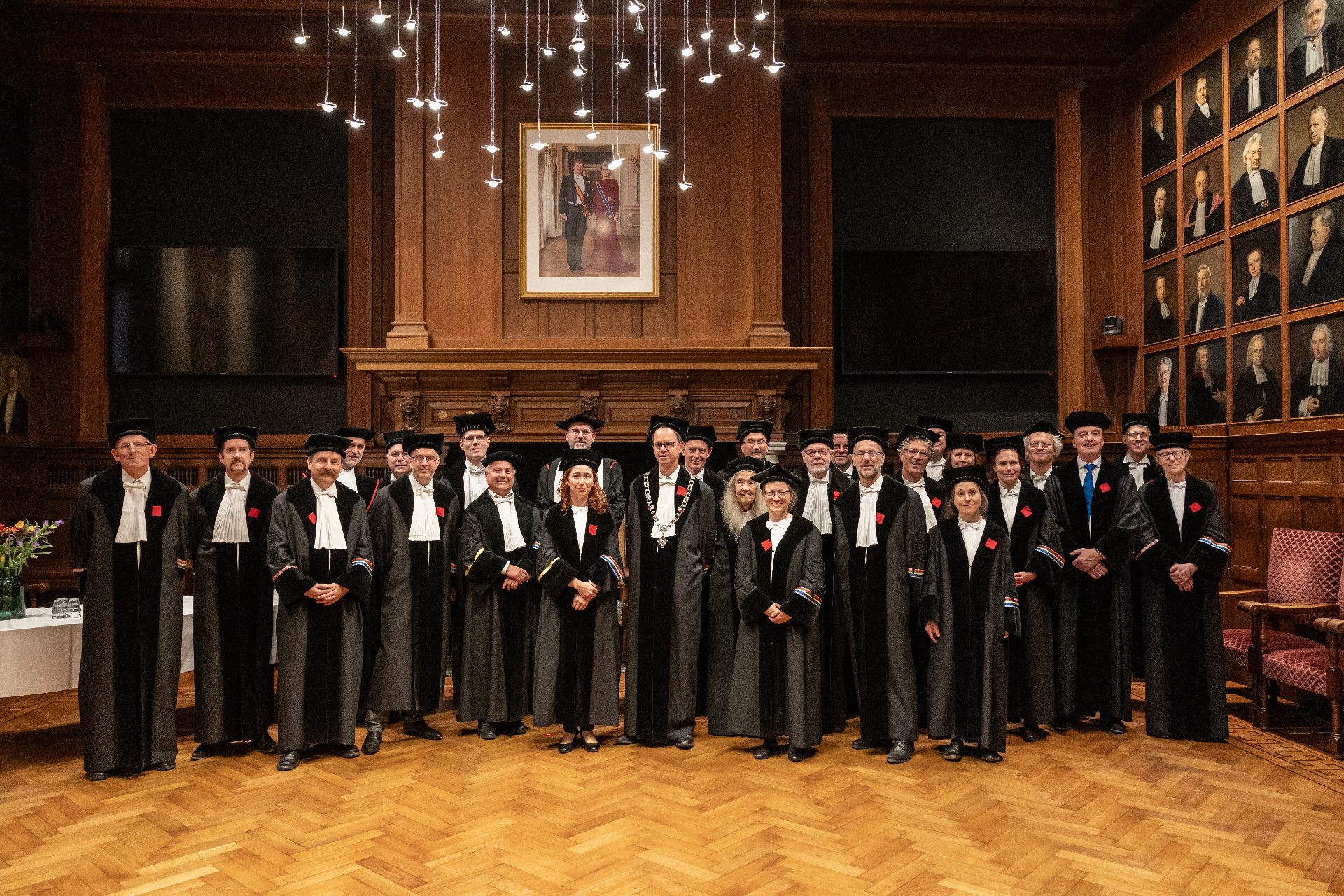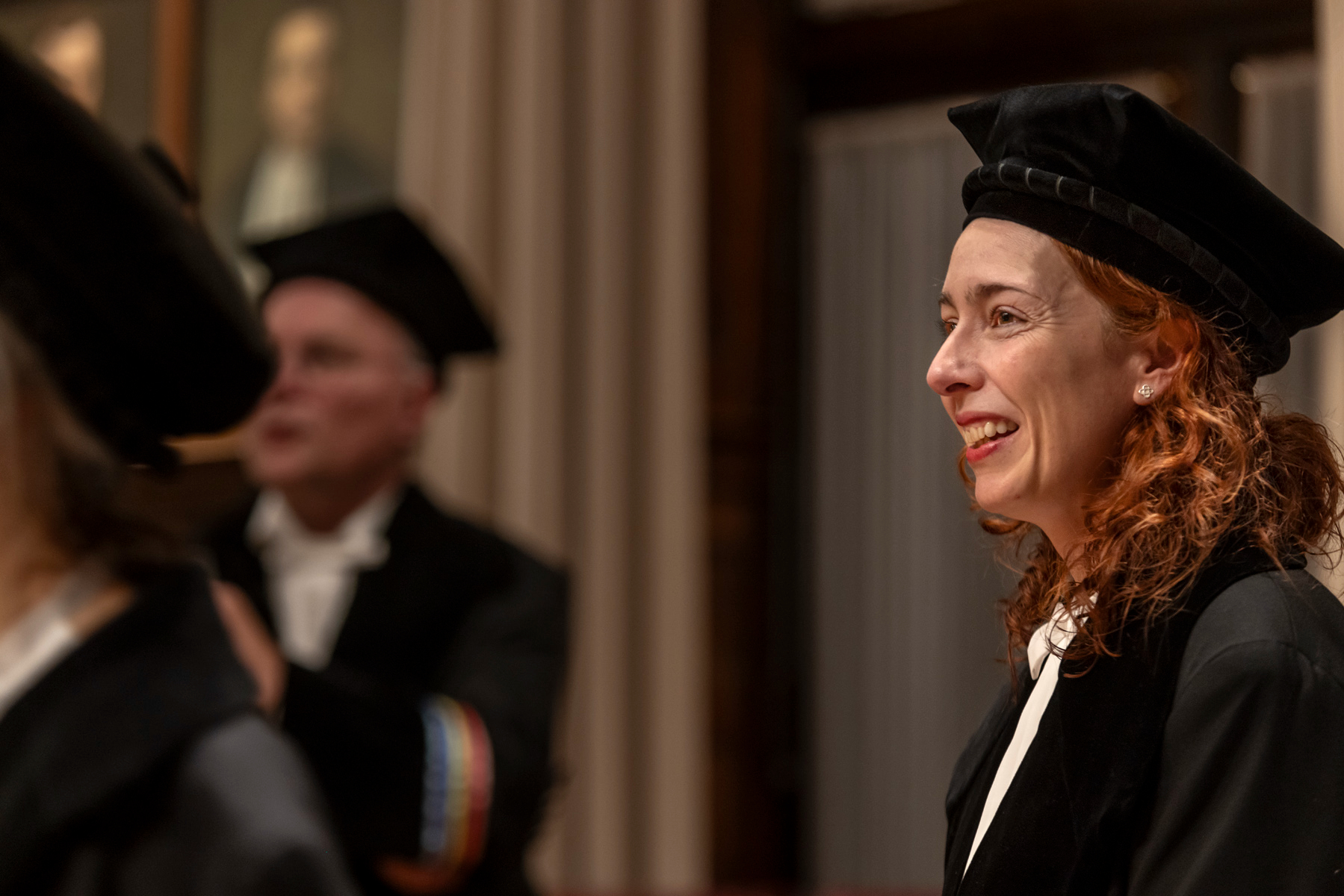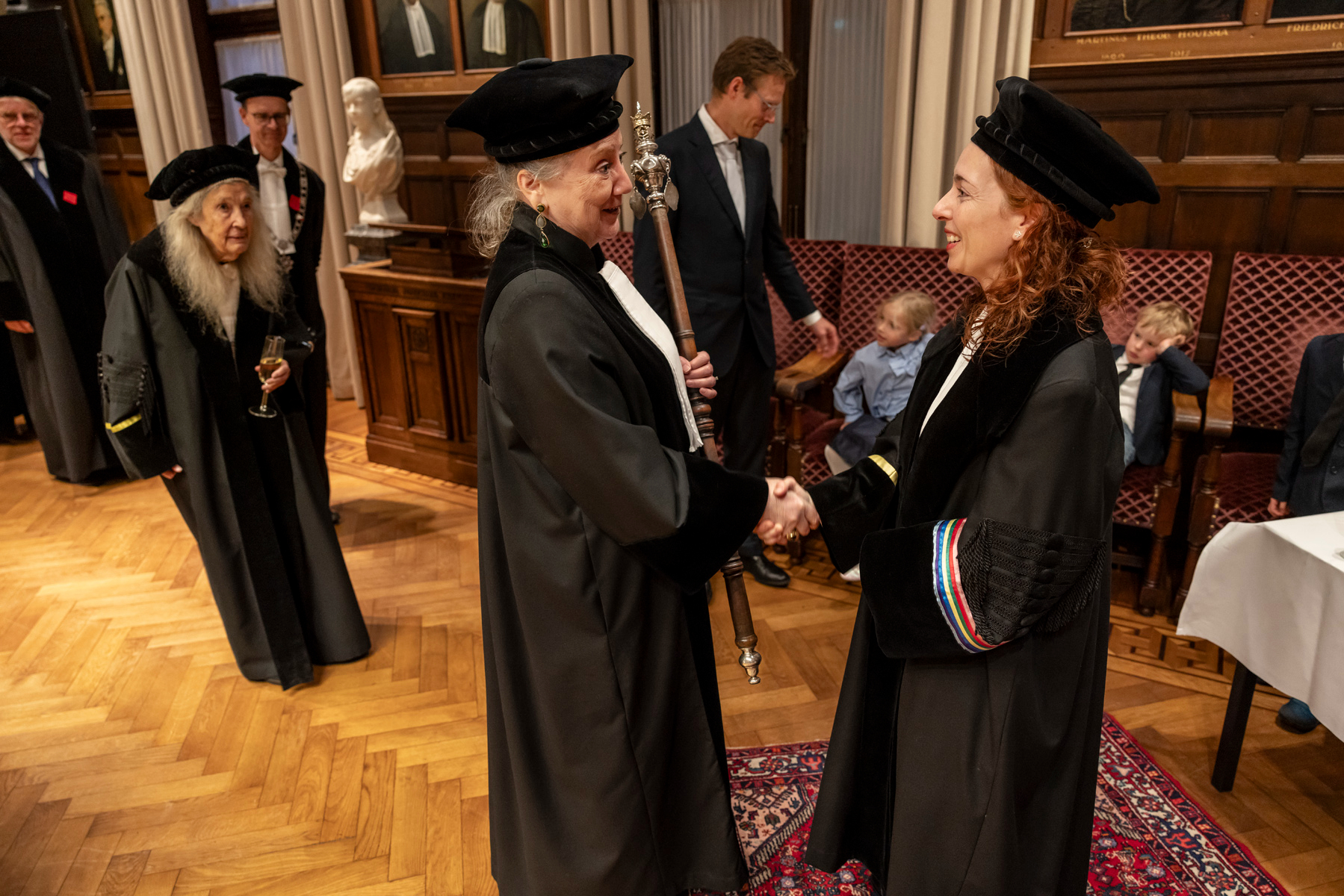Marine microbes are our link to 'System Earth'
- Dutch version of this article can be found below -
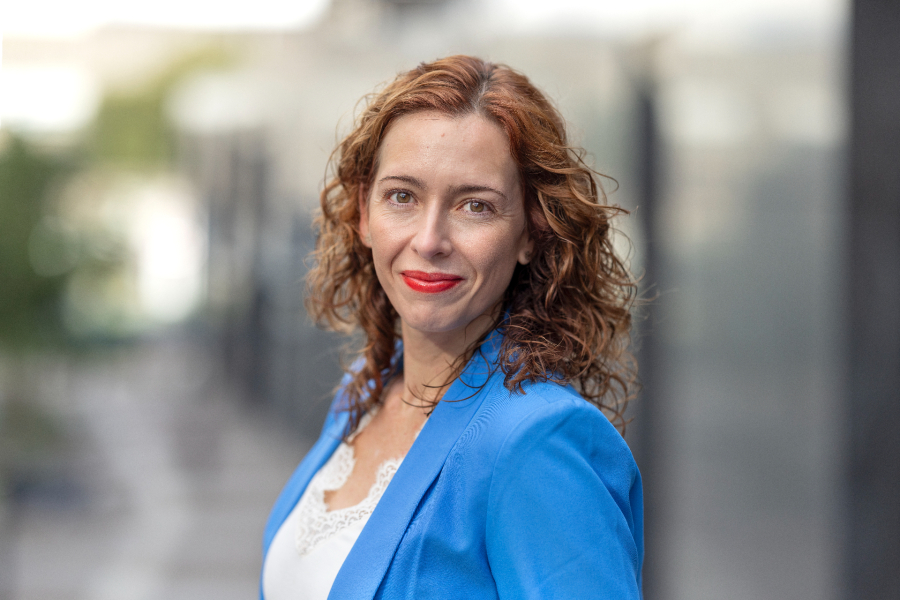
More microbes than the stars in the universe
“If you know how many microorganisms live in the ocean and how important they are, it is actually quite strange how little attention they get,” Villanueva believes. “The number of stars in the universe is an estimated ten sextilion: a one with twenty-two zeros. The number of marine bacteria and archaea alone is already an estimated ten million times more: a one with twenty-nine zeros. Add to that the marine viruses, and that becomes even a one with thirty zeros. Add to that, that these microbes are responsible for up to half of all the oxygen we breath!” It is Villanueva’s way of stating that marine microbes matter, both in quantity and quality.
The skin of microbes
In her scientific work, in Utrecht University and also at NIOZ on Texel, Villanueva has special attention for the membrane lipids, or ‘the skin’, around microbes. “Just like humans get goose bumps when it's cold or start sweating when it's warm, the membrane of a microbe reacts to the environment and to temperature. As it gets warmer, the fatty acid composition of the membrane changes a bit, to prevent it from becoming 'too fluid', preventing the microbe from functioning normally.”
Fossil indications of climate
That changed membrane composition at different temperatures also allows Villanueva and colleagues to look at fossil microbial lipids, preserved deep in the sediment, indicating the temperature at which the microbes producing them lived. “Along with other indicators of temperature, these fossil lipids of microbes are an important tool in reconstructions of past climates,” she argues.
Microbes will manage
Concerns that the changing climate threatens microbes are far from Villanueva's mind. “No matter how much the environment changes, microbes will manage; they are survivors. In fact, microbes can partially compensate for the changes we as humans bring about. Although we are now causing problems with our emissions from burning fossil fuels much faster than microbes can solve them.”
Gaia hypothesis
Villanueva also does not hesitate to pitch in a somewhat controversial term among scientists. “The Gaia-hypothesis, from the British scientist and environmentalist James Lovelock, looks at the Earth as a self-regulating system. To some ‘hardcore betas’, that Gaia-hypothesis was leaning toward esotericism. But leading American biologist Lynn Margulis, among others, has made ‘Gaia’ scientifically accepted again. I find the idea that Gaia is a self-organizing system very inspiring and of great beauty. In any case, it makes me study microbes, especially those in the marine systems with great enthusiasm. It is very important that we understand the key role these single-celled organisms play in the balance between living nature and the rest of the planet we live on.”
Photo credits: Laura Villanueva/NIOZ
Mariene microben zijn onze link met
‘Systeem Aarde’
Ze produceren de helft van alle zuurstof in het water en in de atmosfeer, ze eten veel broeikasgassen op, maar onder zuurstofloze condities onder water produceren ze ook het nodige methaan en andere sterke broeikasgassen. Met andere woorden: bacteriën en andere mariene microben zijn een hoeksteen van het klimaat en al het leven op aarde. “Sterker nog: microben zijn de centrale spelers in het complete Aardse systeem.” Dat stelt professor Laura Villanueva in haar oratie als hoogleraar Mariene Microbiologie aan de Universiteit Utrecht, die zij op donderdag 14 november zal uitspreken.
Meer microben dan de sterren aan de hemel
“Als je weet hoeveel soorten en hoeveel biomassa op aarde bestaat uit micro-organismen, is het eigenlijk vreemd hoe weinig aandacht ze krijgen”, vindt Villanueva. “Het aantal sterren aan de hemel bedraagt naar schatting tien triljard, ofwel een één met tweeëntwintig nullen. Het aantal bacteriën en archaea alleen al is naar schatting tien miljoen keer meer: een één met 29 nullen. Tel je de virussen daarbij op, dan worden dat zelfs dertig nullen.” Villanueva wil maar zeggen: microben doen ertoe, zowel in kwantiteit als in kwaliteit.
De huid van microben
In haar wetenschappelijk werk aan de Universiteit Utrecht en ook op het NIOZ op Texel, kijkt Villanueva met name naar de membraan, ofwel ‘de huid’ om de microben. “Zoals wij mensen kippenvel krijgen als het koud is of gaan zweten bij warmte, zo reageert ook de membraan van een microbe op de omgeving. Wordt het warmer, dan verandert de vetzuursamenstelling van de membraan een beetje, om te voorkomen dat die ‘te vloeibaar’ zou worden en de microbe niet meer normaal zou kunnen functioneren.”
Fossiele aanwijzingen van klimaat
Die veranderde samenstelling bij verschillende temperaturen stelt Villanueva en collega’s in staat om ook diep in de bodem naar ‘fossiele vetzuren’ te kijken als een indicatie van de temperatuur in een bepaald tijdperk. “Samen met andere indicatoren van temperatuur, zijn die fossiele vetzuren van microben een belangrijk gereedschap bij de reconstructies van het klimaat in het verleden”, stelt zij.
Microben redden zich wel
Zorgen dat het veranderende klimaat microben bedreigt, heeft Villanueva allerminst. “Hoezeer de omgeving ook verandert, microben redden zich wel. Het is zelfs nog sterker: de microben compenseren de veranderingen die wij als mensen teweegbrengen voor een belangrijk deel; al veroorzaken wij met onze uitstoot uit de verbranding van fossiele brandstoffen nu wel veel sneller problemen dan de microben ze kunnen oplossen.”
Gaia-hypothese
Villanueva schroomt ook niet om een onder wetenschappers enigszins omstreden term in de strijd te gooien. “De Gaia-hypothese, van de Britse wetenschapper en milieubeschermer James Lovelock, ziet de aarde als een zelfregulerend systeem. Voor sommige ‘harde bèta’s’ neigt die Gaia-hypothese naar esoterie. Maar onder andere de toonaangevende Amerikaanse biologie Lynn Margulis heeft ‘Gaia’ voor mijn gevoel weer salonfähig gemaakt. Ik vind de gedachte dat Gaia een zelf-organiserend systeem is, heel inspirerend en van een grote schoonheid. Het maakt in ieder geval dat ik de mariene microben met veel enthousiasme bestudeer. Het is erg belangrijk dat we de sleutelrol begrijpen die deze eencellige organismen spelen in het evenwicht tussen de levende natuur en de rest van de planeet waarop wij leven.”

Practical information
Laura Villanueva gave her inaugural lecture 'Ocean’s hidden heroes: Adaptation and evolution of marine microorganisms' on 14 November 2024 at 16.15, at Utrecht University.
Download the full text below
